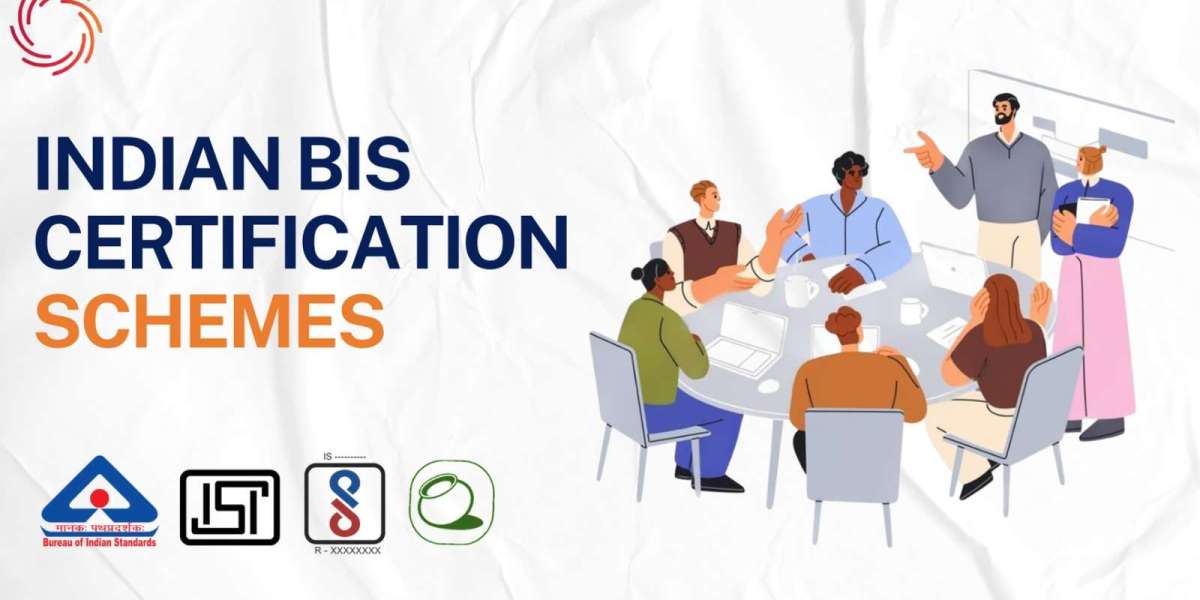Foreign companies aiming to enter the Indian market must ensure that their products meet the safety and quality guidelines set by the Bureau of Indian Standards (BIS). India has become one of the fastest-growing consumer markets in the world, and with this growth comes the need for regulated imports. To comply with these requirements, many global brands rely on BIS FMCS and pursue BIS Certification for Foreign Manufacturers to legally sell their products in India. This certification system not only protects consumer safety but also builds trust and transparency for international brands.
The complete guide to the certification process is available at:
Understanding BIS FMCS and Its Importance
BIS FMCS (Foreign Manufacturers Certification Scheme) is designed especially for manufacturers located outside India who want to supply products that require mandatory certification. Under this scheme, BIS issues the ISI Mark after verifying product quality through factory audits, sample testing, and compliance assessment. The ISI Mark signifies that the product adheres to Indian safety standards and is approved for sale in the Indian market.
Foreign manufacturers are often unaware of the stringent regulations that govern product imports into India. The FMCS scheme ensures that imported goods are tested in BIS-approved labs and meet all standard requirements before reaching Indian consumers. This protects users from low-quality or unsafe products and helps international brands establish a strong reputation.
Why BIS Certification for Foreign Manufacturers Is Essential
Obtaining BIS Certification for Foreign Manufacturers is not just a regulatory requirement but also a strategic step for entering the Indian marketplace. Without proper certification, products may be rejected at customs, seized, or banned from sale. Certification benefits include:
Legal permission to sell in the Indian market
Stronger consumer trust and brand credibility
Higher chances of business expansion in India
Compliance with national safety norms
Protection against legal penalties and product recalls
Foreign brands dealing in electronics, appliances, steel products, chemicals, pressure cookers, cement, and various consumer items commonly apply for BIS certification before exporting to India.
Key Steps in the BIS FMCS Certification Process
Although the certification process may seem complex, understanding the steps makes it easier for manufacturers to prepare. Under the BIS FMCS scheme, the following steps are usually involved:
1. Application Submission
Manufacturers must submit the required documents, factory details, testing reports, and authorization forms to apply. A local representative in India is also required to coordinate with BIS.
2. Document Review
BIS reviews technical documents related to the product, factory layout, quality control systems, production process, and raw material management.
3. Factory Inspection
A BIS officer visits the foreign manufacturing unit to verify production capability, testing equipment, hygiene conditions, and quality control procedures. This is an important step in the BIS Certification for Foreign Manufacturers process.
4. Product Testing
Samples of the product are collected during the inspection and tested in BIS-approved laboratories. Testing ensures that the product meets all relevant Indian Standards.
5. Evaluation and Approval
If both the inspection and testing reports satisfy BIS requirements, the manufacturer is granted the ISI Mark under the FMCS scheme.
6. Certification Fees and Agreement Signing
Manufacturers must sign an agreement with BIS and pay the necessary certification and marking fees to complete the process.
7. Continuous Surveillance
After receiving certification, BIS conducts periodic surveillance checks and product testing to ensure ongoing compliance.
Documents Required for BIS FMCS Certification
To obtain certification smoothly, foreign manufacturers must prepare several important documents, including:
Factory registration documents
Manufacturing process flowchart
List of machinery and testing equipment
Quality control system records
Product technical specifications
Raw material sourcing details
Safety compliance reports
Authorization letter for Indian representative
Preparing all documents accurately is crucial for fast approval under BIS FMCS.
Common Challenges Faced by Foreign Manufacturers
Foreign companies often struggle with documentation, factory inspection preparation, and selecting the correct Indian Standard. Delays may occur when product samples fail testing or when factories lack proper quality systems. Understanding BIS requirements beforehand prevents rejections and saves significant time and cost.
Another challenge is communication, since many manufacturers are located in different time zones. This is why many companies prefer working with experienced agents or consultants to simplify the BIS Certification for Foreign Manufacturers process.
Final Thoughts
India’s market offers tremendous growth opportunities for global brands. However, meeting Indian quality and safety requirements is essential before entering the country. The BIS FMCS scheme ensures that foreign-manufactured products adhere to Indian Standards, guaranteeing safe and reliable products for consumers. With proper preparation, accurate documentation, and timely compliance, foreign manufacturers can successfully obtain BIS Certification for Foreign Manufacturers and build a strong presence in India.
If you need detailed process guidance, you can refer to the resource available here:
https://bis-certifications.com/a-guide-to-bis-certification-for-foreign-manufacturers-indian-bis



